Often throughout gaming history, video games have been employed to sell a product or brand, or just to raise awareness of a film, TV programme, book, band, sports personality, military force, etc. Yes, that’s right, even military forces. We’ll come to that in a bit.
It’s been over 30 years since the first licensed video game, Raiders of the Lost Ark on the Atari 2600, back in 1982. Video games were still in their infancy, and yet already someone worked out that they could be used to cross-promote other media, and thus make more money even if it came at the price of damaging the source material. Raiders of the Lost Ark, despite being a great film, was a terrible video game with confusing controls, incomprehensible objectives, and hideous graphics, but people bought it anyway.
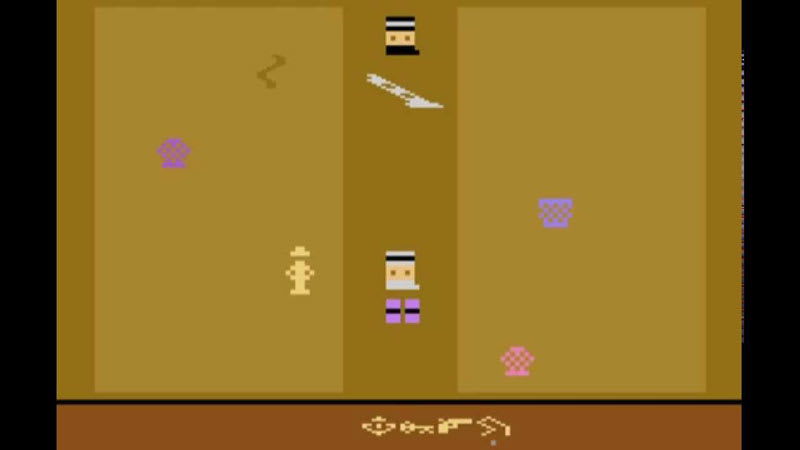
I’ve talked briefly about the nature of game tie-ins before in this blog; we’ve had Shaq Fu and Barkley Shut Up and Jam! in previous posts, but at least those featured sports stars, and as we know, sports can translate reasonably well to video games, even the obscure ones (see my post on Five Obscure Sports Games for further details). However, some tie-ins are based on licenses that simply don’t make sense, or manage to take a relatively normal license and run with it in such a way that baffles the imagination and boggles the mind.
“The superior man understands what is right; the inferior man understands what will sell.”
- Confucius
I suspect that Confucius may have been predicting the future with that quotation, and had reasoned that one day there would be Superman 64, Star Wars: Masters of Teras Kasi and White Men Can’t Jump (all of which are awful, awful games). He was a smart guy, after all. Here, then, are eight tie-in games that any superior man would know not to be right, but that inferior men managed to make anyway, in the pursuit of money.
ET (1982)
If you’ve been following gaming news recently, you’ll have seen this one mentioned. Although it’s only a slightly weird license to modern eyes, since games based on children’s films have become so common, it’s notable in that it actually managed to ruin the video games industry because it was so bad.
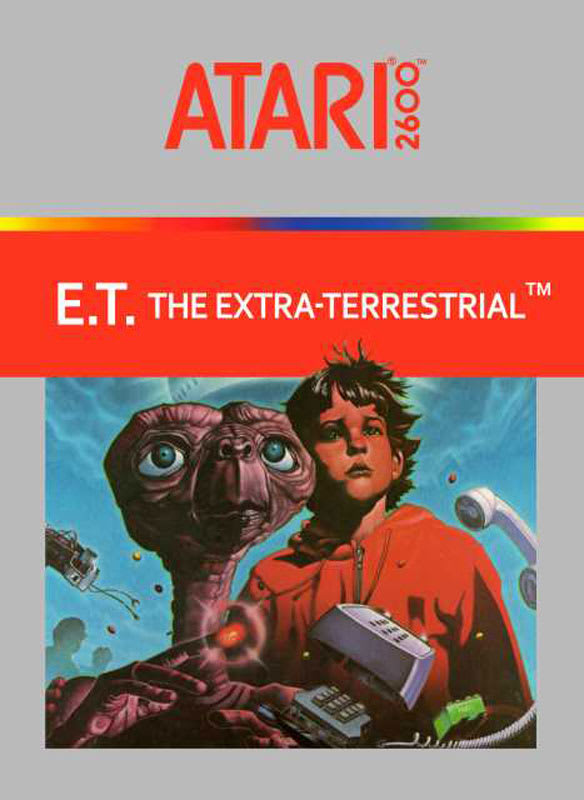
Atari manufactured a huge number of copies of this game, believing that it would sell incredible numbers and boost their fortunes purely based on having the license to the Spielberg film. They were very, very wrong. The game was so awful that hundreds of thousands of copies were unsold and, with Atari apparently not knowing what else to do with them, they were buried in the desert in New Mexico. The reason ET has been in the news recently is that the copies were recently exhumed, putting paid to any comments that it was only a rumour and that nothing so weird could ever happen.

So many people demanded a refund on ET that the North American video games industry saw a drop of 97% in revenue between 1983 and 1985, and it was only the launch of the NES and the first proper Mario game that saw it revitalised. Even then, Nintendo had to push their console as a toy, rather than a games machine, for fear that consumers would shun it like they had the Atari 2600.

Thanks, Mario.
Pushover (1992)
This game is a blatant marketing ploy, but rather than being for the usual film or TV show, it’s a game based on Quavers. For those of you who aren’t familiar with Quavers, they’re an oddly-shaped cheesy potato snack. For those of you who don’t understand how this is in any way a sound basis for a video game, well, join the club.
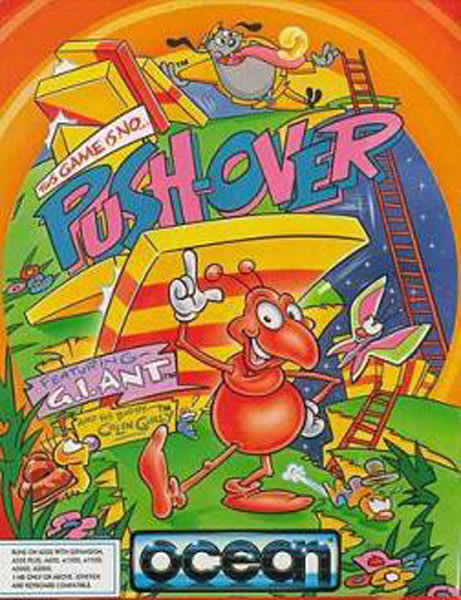
Bizarrely, Pushover turned out to be a decent game. Made by Ocean Software, that bastion of 8-bit and 16-bit gaming, it has you controlling a giant soldier ant who must retrieve all the Quavers that have been dropped by Colin Curly, the mascot for Quavers at the time. This is done by arranging dominoes so as to be able to knock them all over with a single push, hence the name of the game.
As you can tell, it’s very much made with the aim of raising brand awareness of Quavers. I think I’ve now mentioned Quavers frequently enough to get a marketing deal with Walkers Crisps, but just in case I haven’t, Quavers Quavers Quavers Quavers Quavers. Please get in touch if you need an address to which large boxes of free Quavers can be sent.
The word “Quavers” has now lost what little meaning it had.
M.C. Kids (1992)
The world’s most common fast food restaurant has garnered publicity in a variety of ways, from TV and radio advertising to corporate sponsorship to stealing ideas from Viz magazine. In 1992, however, their best idea was a video game that slightly resembled Super Mario Bros 3.
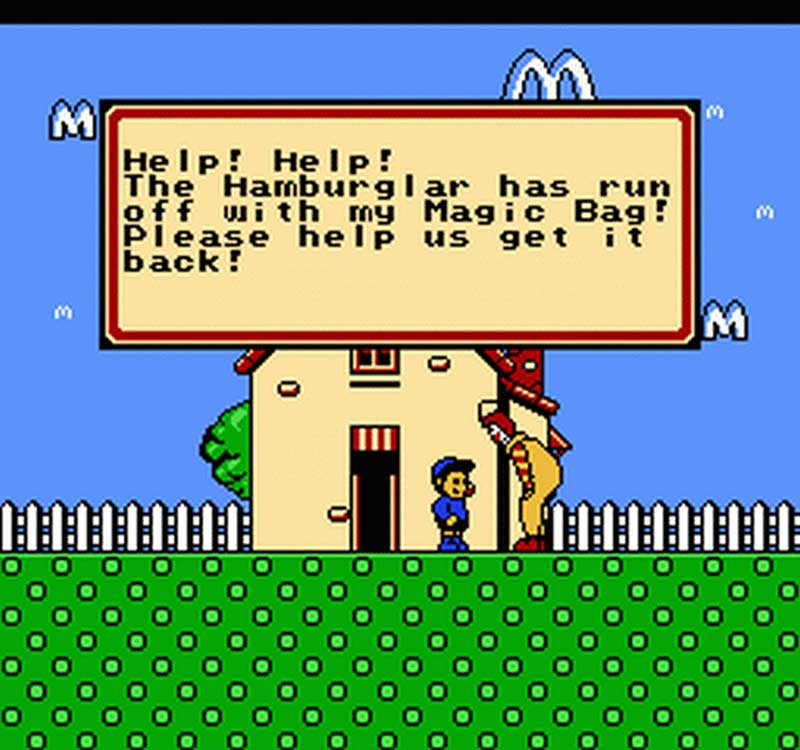
M.C. Kids features Mick and Mack, two children of surprisingly slim figures considering all they eat is junk food, running around collecting various McDonald’s paraphernalia and searching for the exit from each level. Various McDonald’s characters appear in the game, including the ubiquitous clown, the Hamburglar, and a bunch of others that may have been in advertisements, but that you’ve almost certainly forgotten.
M.C. Kids wasn’t a bad game, per se, it was just a tired, predictable piece of marketing fluff that didn’t deserve publication. McDonald’s didn’t need it, gamers didn’t need it, and I don’t imagine that many people rushed out to buy a Big Mac after playing it. Between its mediocrity and its pointlessness, I don’t want to talk about it any more.
As you may have guessed, I played it, and I feel bad about giving McDonald’s my money.
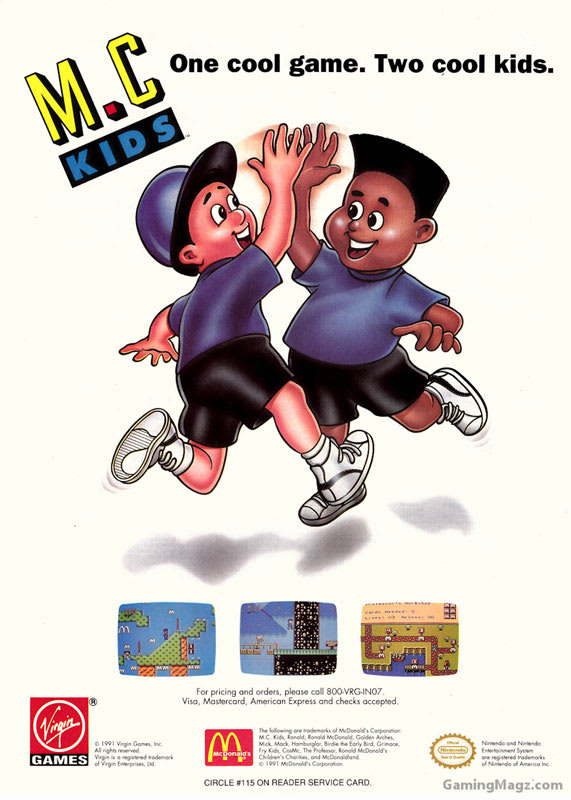
America’s Army (2002)
Developed, published and distributed by the United States Army, America’s Army was intended to act as a recruitment tool. I can only assume that the US Army was short on 13 year-old soldiers and needed to bolster its numbers.
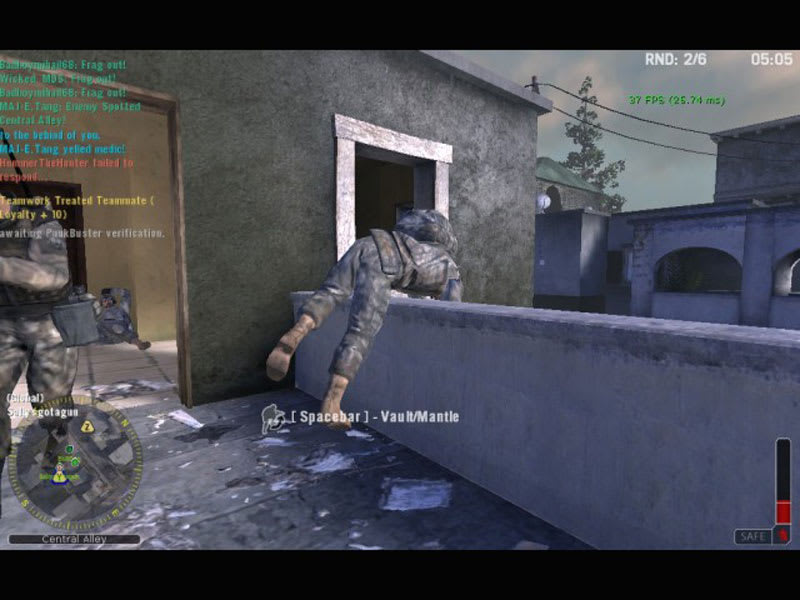
Just like being in the real army.
It’s almost inconceivable that players of this game would be inspired to join the real army, since it’s possible for your character to die several dozen times within a single hour, but somehow it gave a positive impression of the army to 30% of Americans aged 16-24 that played the game. In that sense the game was a success, as it raised awareness and promoted a positive image, as any good piece of propaganda should.
America’s Army also managed to get itself made as an arcade game, though a fairly generic and derivative one.
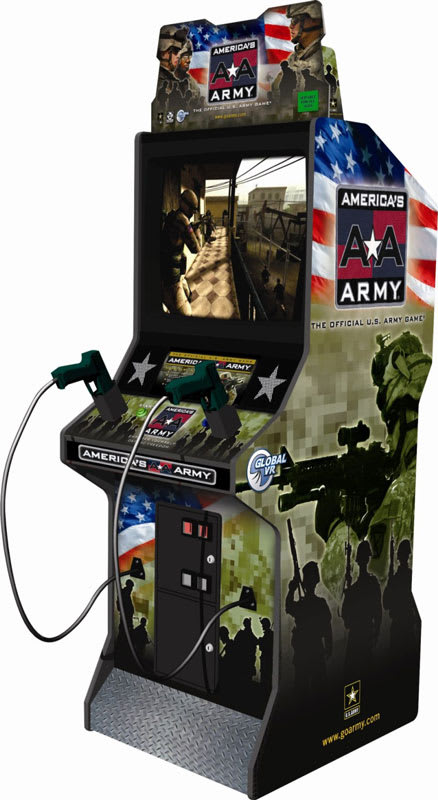
Regardless of your views on the military, America’s Army turned out to be not only a successful tie-in but a decent game into the bargain. The type of soldier that would be recruited from the internet is a prospect that scares me more than any combat situation could, however.
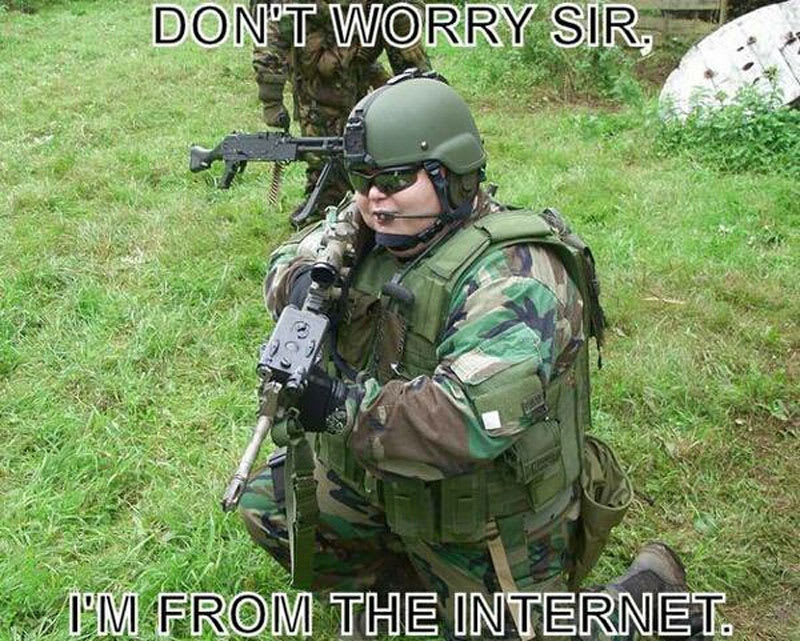
Journey (1983)
A game named Journey has recently wowed everyone with its emotional themes, Bafta-winning design and music, and intriguing concept.
This is not that game.
This game seems to be based on the 1980s band, Journey, and their adventures with taking a lot of drugs.
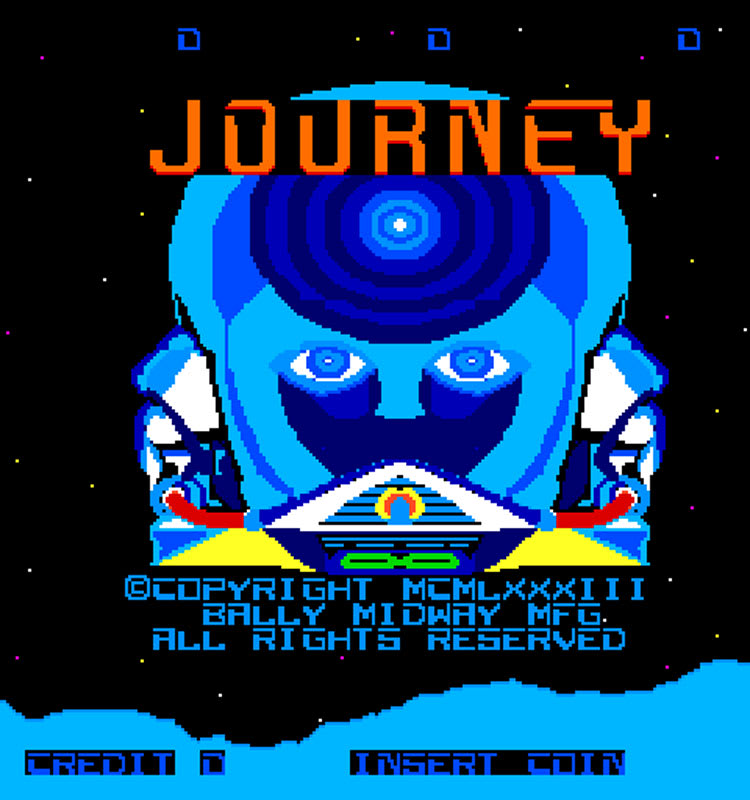
Following the success of their albums Escape and Frontiers, Journey apparently decided to immortalise themselves with an arcade game that made no sense, featured digitised pictures of the band members, and was intended to popularise their upcoming US tour. The band members have to travel to different planets and collect their musical instruments, then play a concert in which the instruments are stolen again, forcing the band to repeat the entire tedious exercise.
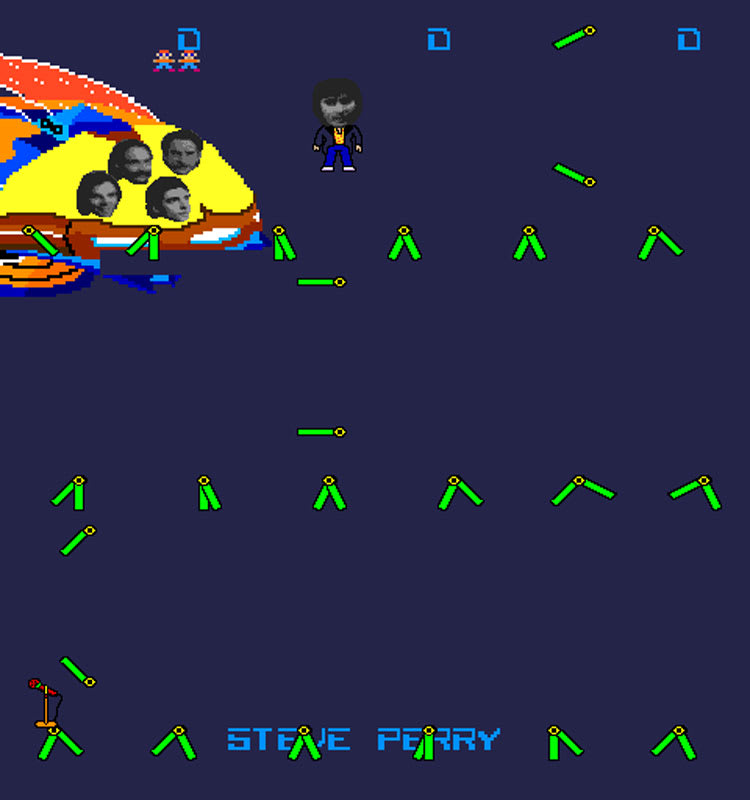
It’s worth noting that this wasn’t even the first game based on Journey. The premise of 1982’s Journey Escape has you guiding the band “past hordes of Love-Crazed Groupies, Sneaky Photographers, and Shifty-Eyed Promoters to the safety of the Journey Escape Vehicle”.
Yep.
A dishonourable mention is also required here for Iron Maiden’s game Ed Hunter. Games about bands just don’t work, unless it’s Beatles Rock Band, which is a delightfully trippy and immersive game.
Dirty Dancing (2007)
I don’t know why, but for some reason I can’t imagine what would possess a person, after watching Dirty Dancing, to want to turn it into a video game. Regardless, it happened. Predictably enough, it shouldn’t have.
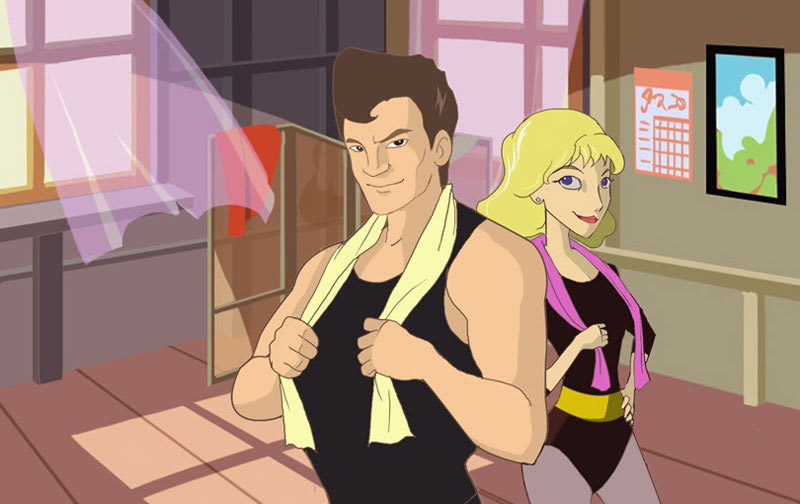
Dirty Dancing is a collection of terrible mini-games, involving such fascinating concepts as “find the hidden object” or “match the pairs of cards” or “slide the watermelon across the dance floor”. Sadly, there’s no “put Baby in a corner” mini-game.
Astonishingly enough, the game doesn’t even feature the Oscar-winning song “(I’ve Had) the Time of My Life”, which is surely the most iconic thing about the film. This is definitely one of the cheapest, oddest, most mind-meltingly awful cash-ins ever to emerge from the world of gaming.
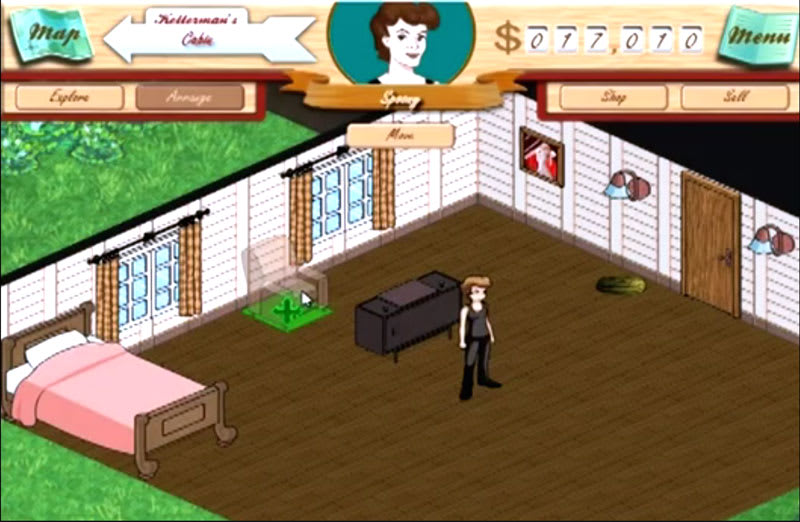
It looks like a cheap Flash game, has no fun gameplay and does nothing with the source material, making this an ill-advised insult to Dirty Dancing fans, gamers and, to be honest, all of humanity. However, it’s available on Amazon for the princely sum of £0.01 (plus £2.03 P&P). If anyone wants to buy a copy, I can recommend a good therapist.
Kinect Star Wars (2012)
This one could have been good. In fact, parts of it were, and you may be wondering why it’s made it onto this list. I have three words for you (or two, depending on your opinion of hyphens):
Galactic Dance-Off.
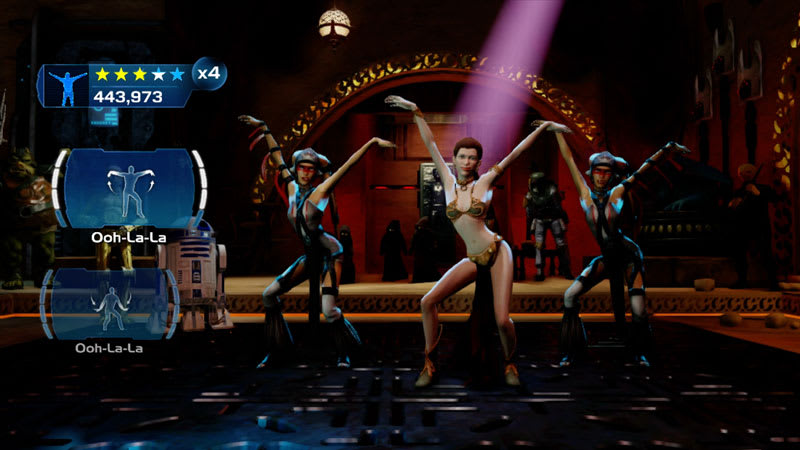
When the Kinect motion sensor was announced for Xbox 360, Star Wars fans immediately began to salivate at the prospect of pretending to swing a lightsaber around in front of their consoles. Though it took a while, Kinect Star Wars eventually arrived and allowed them to do just that, though only as one of five mini-games. The most ill-conceived (and to some fans, insulting) of these was the Galactic Dance-Off, a dancing game where the player has to dance to songs that have been remade as bad Star Wars puns, such as Jason Derulo’s “Ridin’ Solo” which has now become “I’m Han Solo”.
Like many Kinect games, Kinect Star Wars was shoddy and difficult to control, but more devastating than that was the way in which it treated its source material with contempt. To Star Wars fans like myself, this was almost unforgivable.
Kinect Star Wars was the last game made by LucasArts before they closed down. From Monkey Island and Grim Fandango to this? Surely there’s no further way they can ruin my childhood.
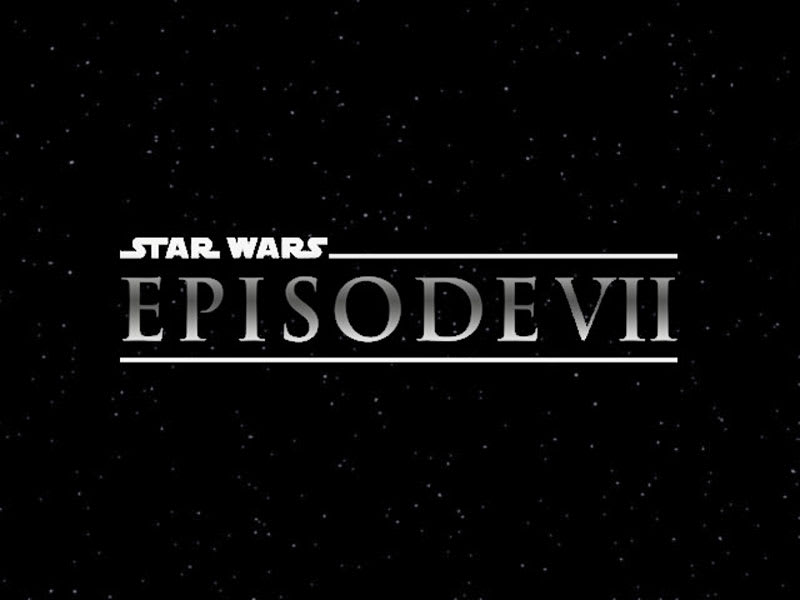
They can try, though.
EastEnders (1987)
Television shows get made into games with increasing rarity these days. Back in the time of the ZX Spectrum, however, you could play games based on The Young Ones, Grange Hill and, most bizarrely of all, EastEnders.
Information on the game is sparse, and I’m not digging out a Spectrum 128K just to research this allegedly terrible piece of software, so I’ll just supply you with a video of the theme music, faithfully recreated on the Spectrum.
The game apparently had you helping out different characters around Albert Square, doing laundry at the launderette, ordering fruit and veg at the market and pouring drinks at the Queen Vic. To me, that sounds just as compelling as the programme itself.
There was also a game based on popular Australian stereotype source, Neighbours, which involved racing around Ramsay Street on Scott’s skateboard. Strangely enough, it wasn’t awful. Other notable TV/video game crossovers include Desperate Housewives, American Idol and Murder, She Wrote.
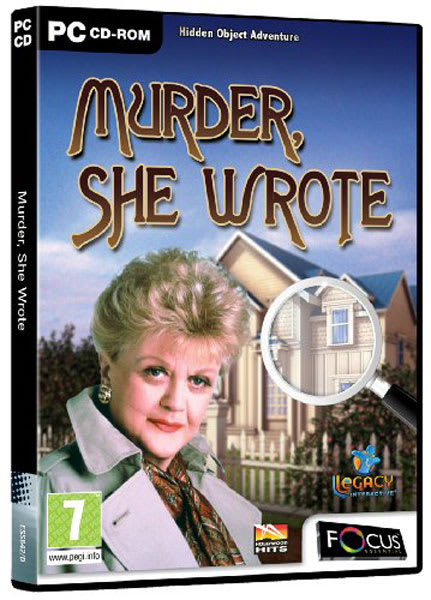
I think we can all agree that this, which was made 13 years after the show ended (making it 25 years after it started), represents the pinnacle of digital entertainment. Truly, we live in an age in which anything can be turned into a cheap waste of time for a few quid.
Skepticism aside, there have been many great tie-in games, such as Aladdin on the SNES and Megadrive, and the almighty GoldenEye on the N64, but most are cheap drivel destined to sit in dusty bargain bins in closed-down Blockbuster stores. As we’ve seen, pretty much anything can be turned into a game given sufficient financial motivation.
Are there any tie-in games you think I should know about? I’m certain there are plenty that are stranger and more ill-advised than the ones I’ve listed above. Do you have fond memories of any of my list? Seems unlikely, but I thought I’d ask. Do you want to know how to send me boxes of free Quavers? Let me know! You can get in touch with me through the comments below, via Facebook, Twitter, Google +, or email [email protected].
Written by: Dave Morgan